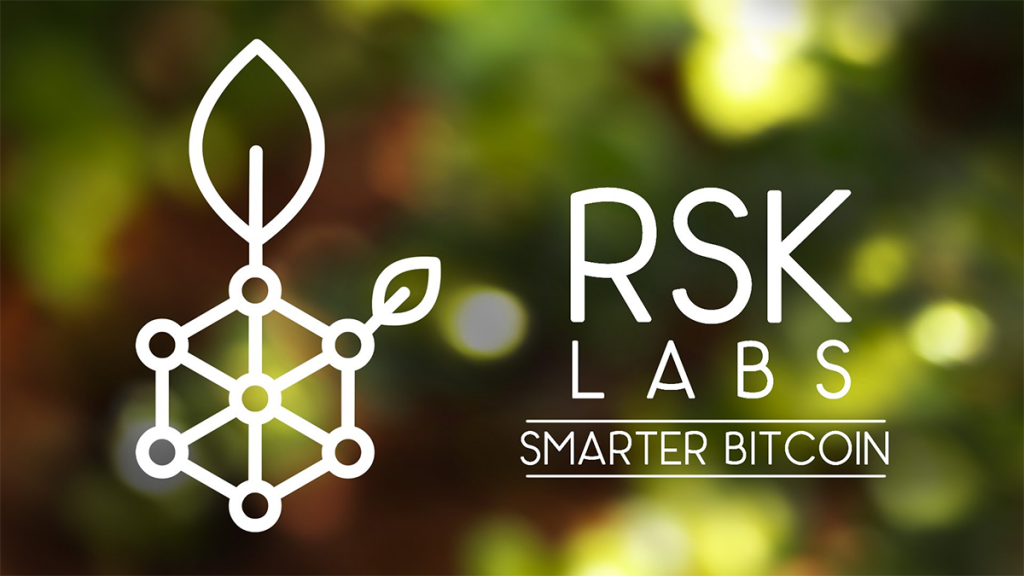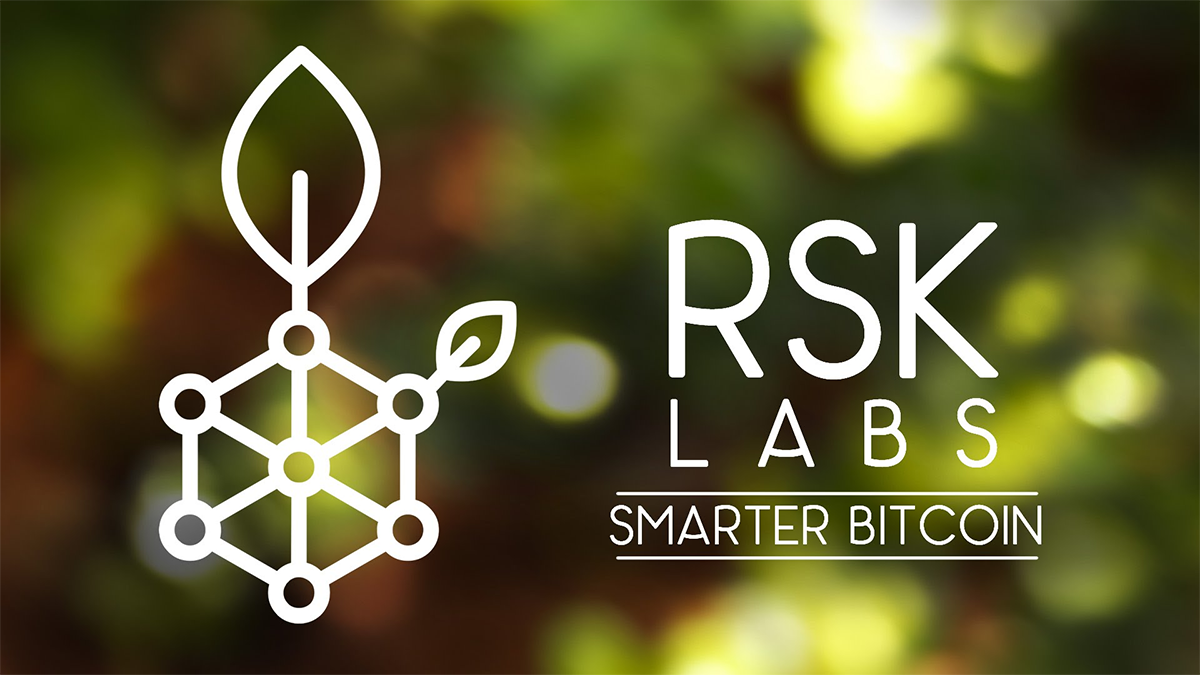
One of the main issues affecting Bitcoin is scalability. One step towards solving this problem is the proposed release of RSK’s Ginger testnet due on May 22.
Ginger will be the first Mainnet version of the RSK platform and the only production network providing democratic open access.
RSK Labs, the creators of Rootstock, is a smart contract platform with a two-way peg and merge-mining to the Bitcoin Blockchain.
When operational, RSK is expected to allow 100tps, instant payments and it does not need SegWit. It has also been touted to be able to do most or all of what Ethereum can do – only six times faster – because of its full compatibility with the Ethereum Virtual Machine. It is not clear what would come out of it when combined with the Bitcoin network.
Lasting solution?
The Bitcoin scalability issue has heightened of late with many in the community asking to see a lasting solution to the deadlock on how the block size issue would be resolved. While RSK is being seen as a short-term fix, Co-Founder Gabriel Kurman says RSK can represent the long-term solution for Bitcoin scalability.
Kurman says:
“Segwit and even a 2 MB block increase are short-term solutions to resolve the current situation and reduce fees. But in the long run, to allow the Bitcoin network to serve billions of people we need to scale via drivechains such as RSK.”
The general purpose smart contract platform on the Bitcoin network uses Bitcoin as its native currency and enables its Blockchain to connect the Bitcoin Blockchain to easily convert between Bitcoin and SmartBTC based on a two-way peg.
Long-term scaling
“RSK will allow BTC to process up to 100 transactions per second (vs 7 of BTC+SW). But with the Lumino Transaction Compression Protocol (LTCP), RSK will be able to process up to 2000 tps on chain! And once the Lumino Network is deployed over RSK, it will allow up to 20k tps off-chain taking Bitcoin to Visa processing levels. This is how BTC will scale in the long-term.”
However, the fact that it doesn’t need SegWit to operate does not mean it is not necessary, especially as the full rollout period for RSK is still far. He adds:
“Segwit will still be needed to solve the malleability problem. RSK could work either way with or without SW. There are still many months to go until RSK enters into production and full merge-mining so it would be good to have SW plus a block size increase before that.”
On whether miners would have a say in how RSK operates, Kurman says future improvements to RSK as an open source will always be a suggestion to the miners as they will be the ones accepting the future updates and new features.
If the RSK team succeeds with their promise of a greater number of transactions per second, it will be a great boost for Bitcoin’s value and its price.





Comments are off this post!